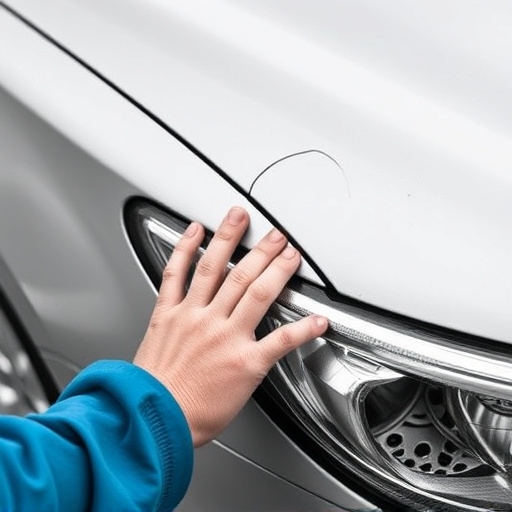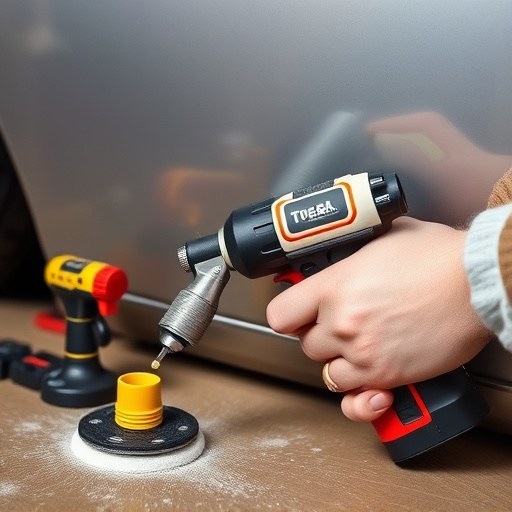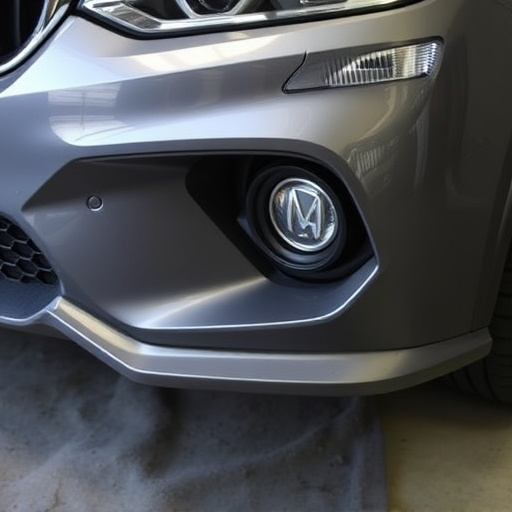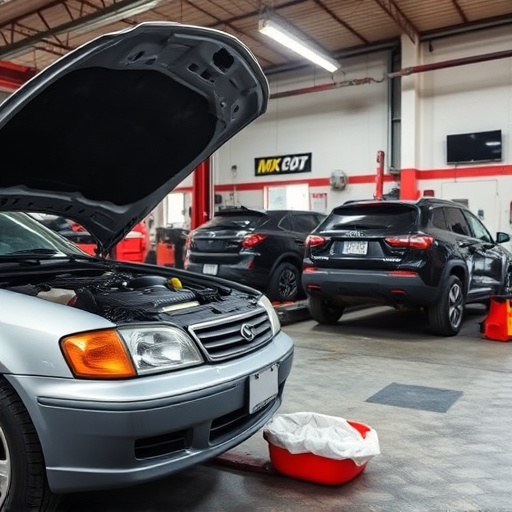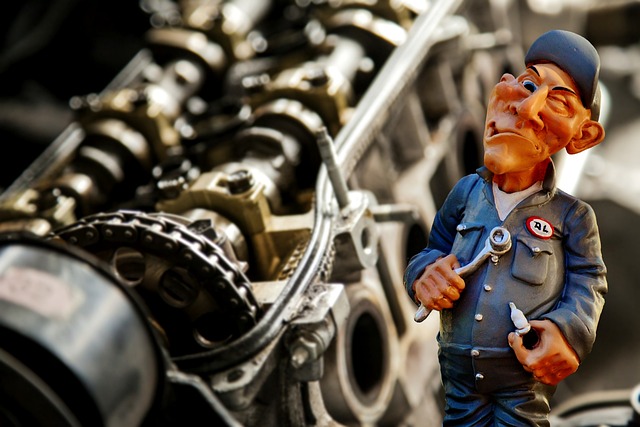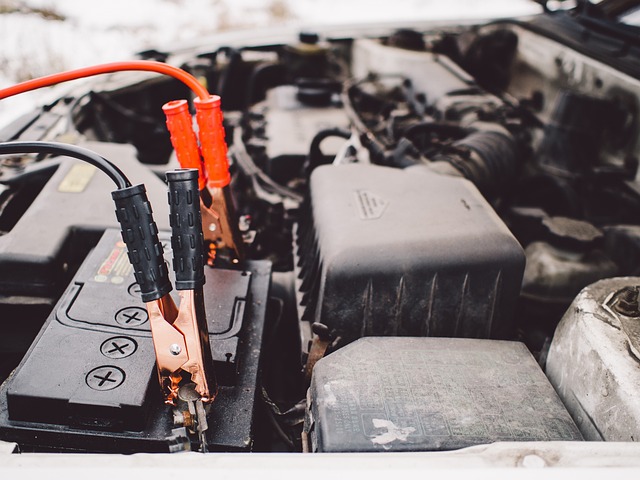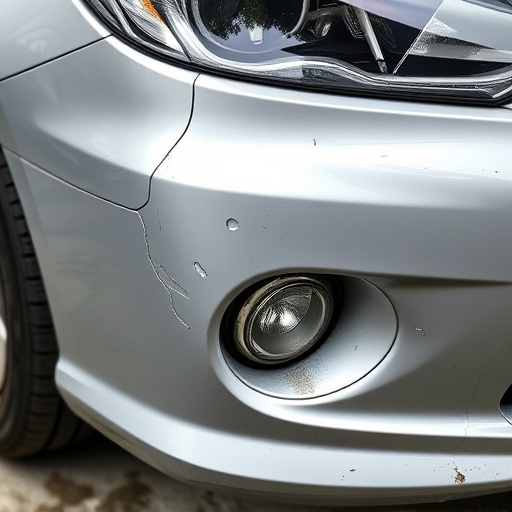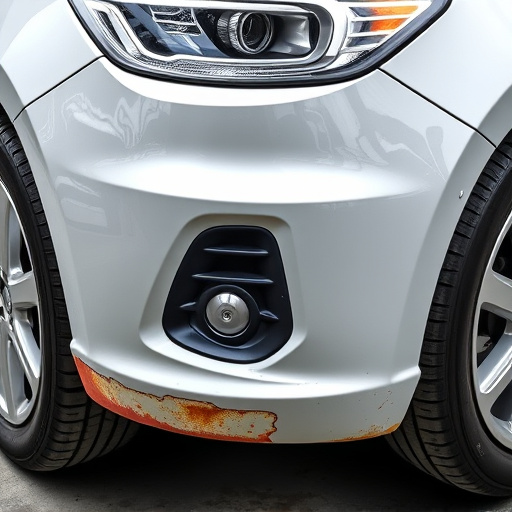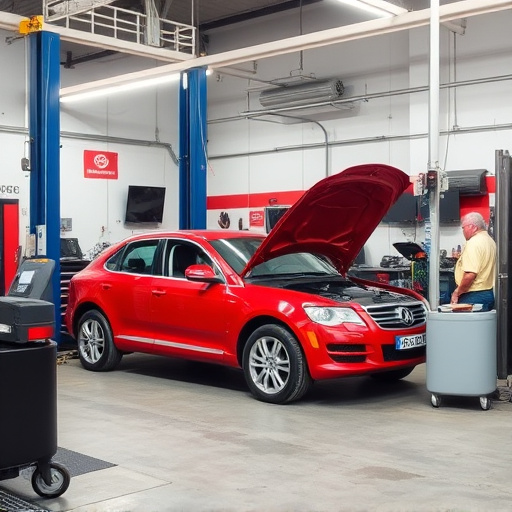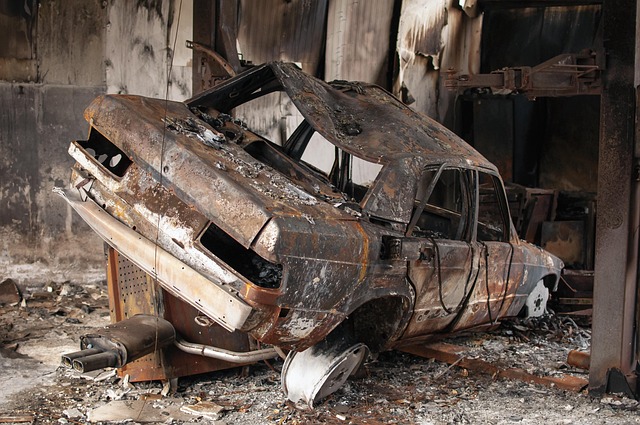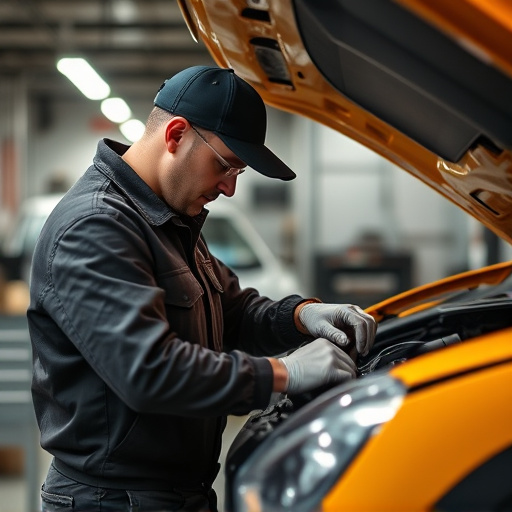Collision repair estimates are subject to local regulations designed to protect consumers from unfair practices. Repair shops must provide detailed, itemized written estimates before starting work, outlining repairs, parts, labor costs, and potential additional expenses. These rules empower car owners to make informed decisions and compare prices, ensuring transparency and preventing overcharging. Proper adherence to these legal requirements fosters trust between customers and collision repair centers.
Local laws play a pivotal role in shaping collision repair estimate practices, ensuring fairness and transparency. This article delves into the intricate web of regulations that govern automotive estimate procedures. We explore how understanding these local laws is essential for businesses and consumers alike to navigate collision repair services smoothly. By examining specific legal requirements, we empower individuals to make informed decisions and guarantee they receive accurate, unbiased estimates in the event of vehicle damage.
- Understanding Local Regulations for Collision Repair
- Legal Requirements for Estimate Practices in Automotives
- Navigating Legalities to Ensure Fair Collision Repair Estimates
Understanding Local Regulations for Collision Repair

Understanding local regulations is a cornerstone for collision repair businesses aiming to operate within legal boundaries and provide transparent services. Each region often has its own set of rules and guidelines governing various aspects of auto care, including collision repair estimates. These regulations are designed to protect consumers from unfair practices and ensure they receive accurate, itemized, and competitive quotes for necessary autobody repairs.
For instance, some locales mandate that repair shops provide customers with detailed written estimates before commencing any work, outlining the scope of repairs, parts required, labor costs, and potential additional expenses. This practice empowers car owners to make informed decisions, compare prices from different auto repair near me facilities, and ensure they aren’t being overcharged. Additionally, local laws may dictate how disputes related to collision repair estimates are resolved, emphasizing the importance of clear communication and documentation throughout the repair process for Mercedes Benz collision repair or any other vehicle.
Legal Requirements for Estimate Practices in Automotives
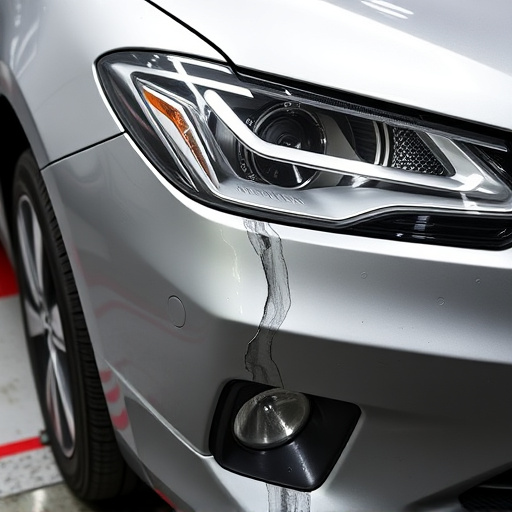
In the realm of collision repair estimates, automotive businesses must adhere to a strict set of legal requirements. These regulations are designed to protect both consumers and reputable repair shops by ensuring transparent and accurate practices. When a vehicle undergoes any form of collision damage, whether it’s a minor fender bender or significant structural harm, the estimate process becomes a critical phase. Legal obligations demand that repair facilities provide comprehensive, itemized estimates outlining the scope of work required for repairs, including services like car paint repair, vehicle dent repair, and automotive repair as applicable.
Such estimates should be based on industry standards, current market rates, and the specific needs of the vehicle in question. Consumers have the right to receive clear information about potential costs, allowing them to make informed decisions. Moreover, legal requirements extend to post-repair services, where a final invoice must align with the initial estimate, ensuring no hidden fees or unexpected charges for automotive repair or car paint repair services. This transparency fosters trust between customers and collision repair centers.
Navigating Legalities to Ensure Fair Collision Repair Estimates

Navigating the legal landscape surrounding collision repair estimates is a crucial aspect for auto body shops and automotive repair professionals. With varying local laws and regulations, ensuring fair practices is essential to maintaining customer trust and satisfaction. Each jurisdiction may have specific guidelines on how an auto repair shop should provide estimates for collision-related damages, covering everything from structural repairs to paintwork.
Understanding these legalities involves keeping up with local legislation, which can impact the entire process—from initial inspections to final billing. Auto body shops must be adept at interpreting and adhering to these rules to avoid disputes and ensure transparency. By staying informed, they can deliver accurate collision repair estimates, foster positive relationships with customers, and maintain a competitive edge in their industry.
Collision repair estimates are a complex web influenced by local laws and regulations. Understanding these legal requirements is crucial for ensuring fair practices within the automotive industry. By navigating the legalities, businesses can foster transparency and trust with customers, ultimately revolutionizing the way collision repair services are delivered. These local laws play a vital role in protecting consumers and setting standards for ethical estimate practices.

